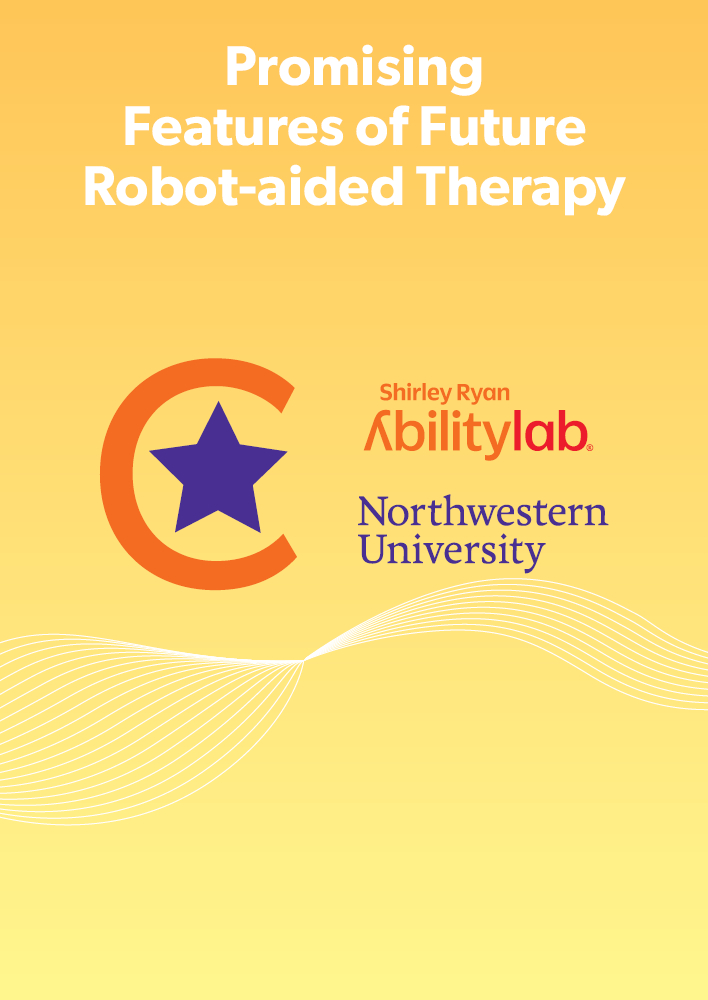
C-STAR Webinar: Promising Features of Future Robot-aided Therapy
DESCRIPTION
Robots can be very useful to restore upper and lower limb movement abilities of individuals with neurological or orthopedic lesions. However, current mechatronic solutions are still too bulky, and their sensory technologies and control strategies are still too primitive to support the correct motion and motion intention. Furthermore, they still require a lot of effort, labor and/or surveillance by a human therapist. Consequently, the use of the robots is less intensive than it could be, and robots are not yet broadly accepted by patients and medical staff. Therefore, we need to change the function and use of the rehabilitation robots to increase acceptability, therapy outcome and, eventually, quality of life of those who require physio or occupational therapy. For example, novel devices should provide effective assist-as-needed support and become more convenient and easier to use by both patients and therapists. In this talk, Dr. Riener will present new technical features and ideas that may improve the rehabilitation of arm movements and gait.
INSTRUCTOR
Robert Riener, PhD
AUDIENCE
Researchers interested in using technology to measure outcomes in a rehabilitation population
NO ACCREDITATION OFFERED